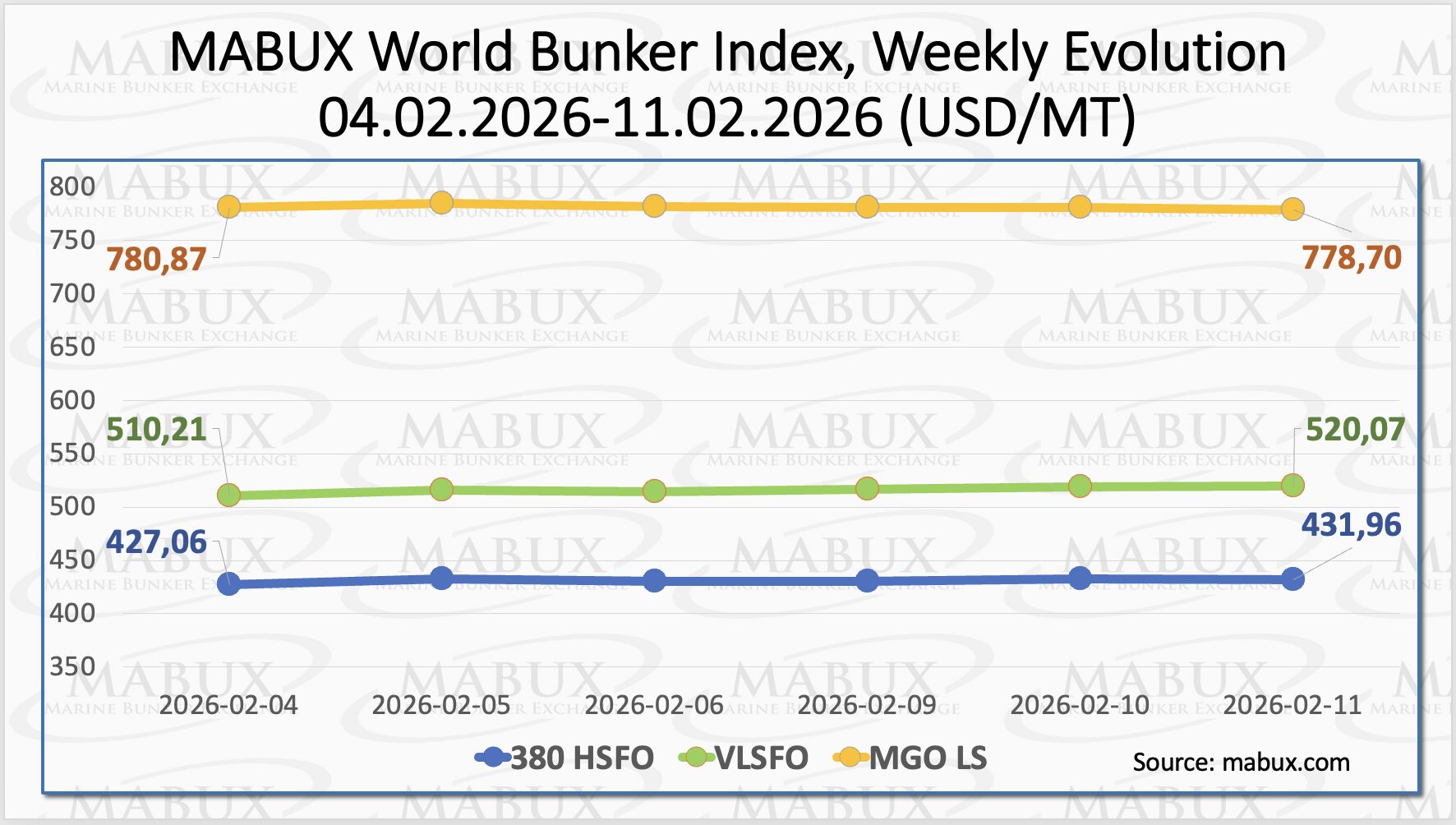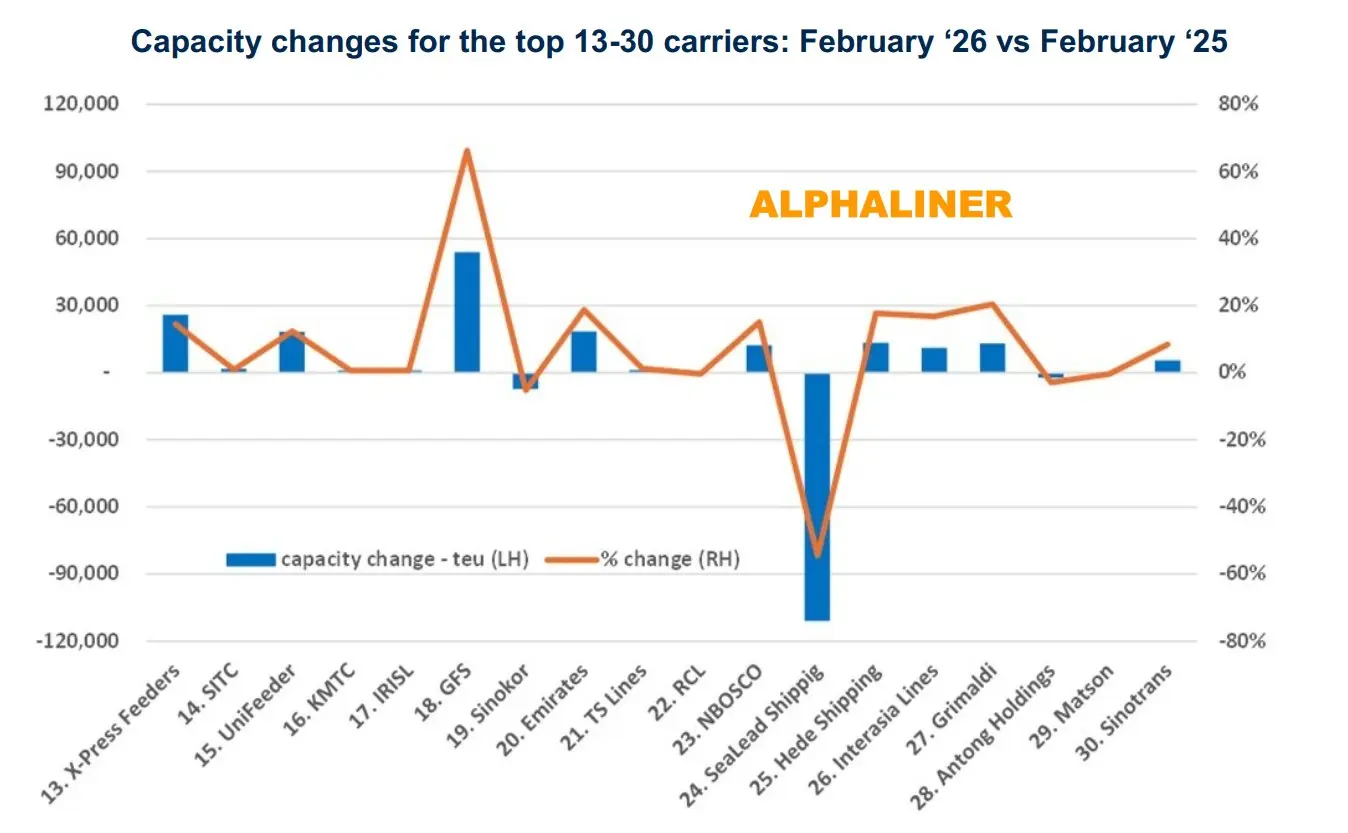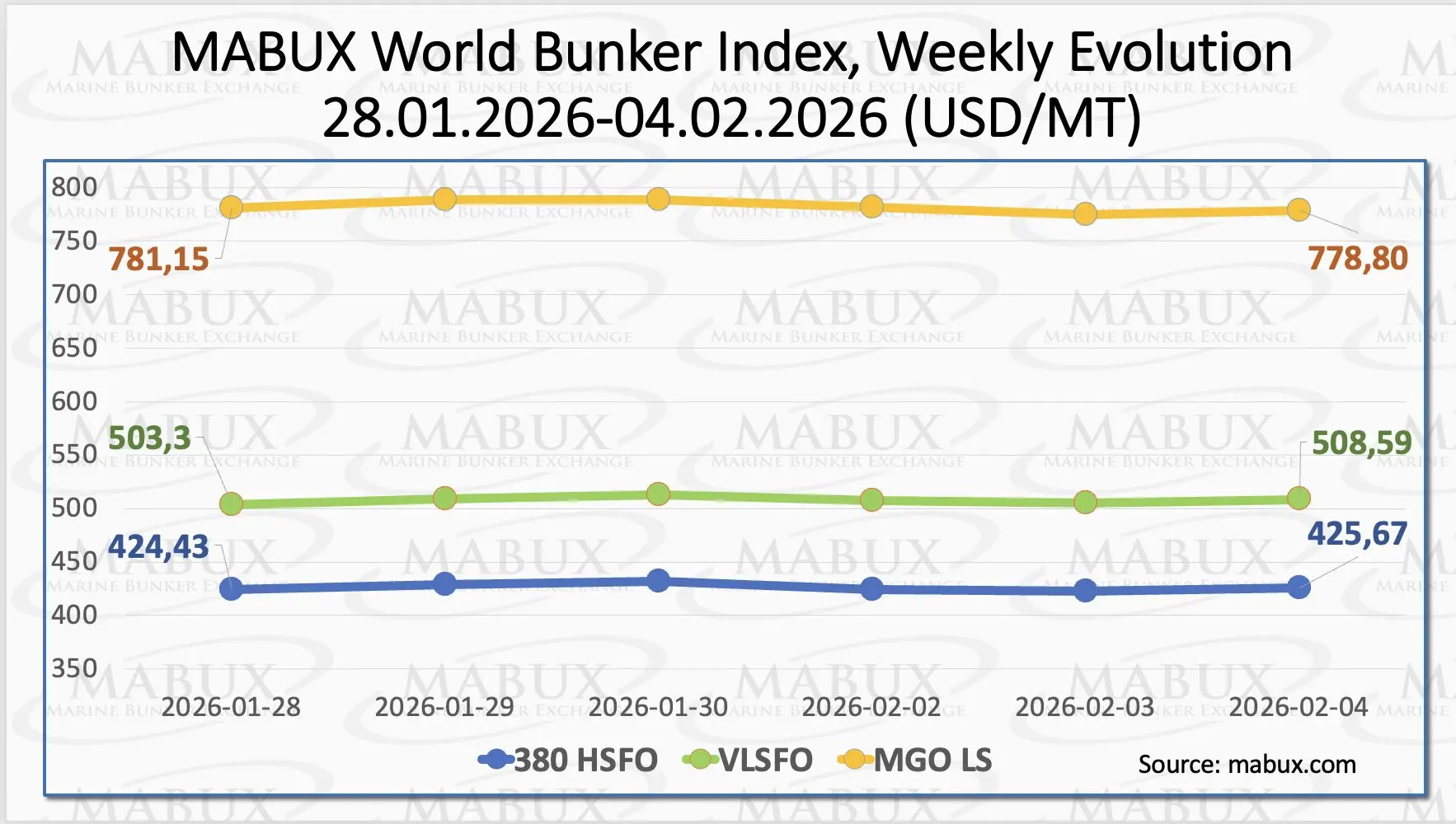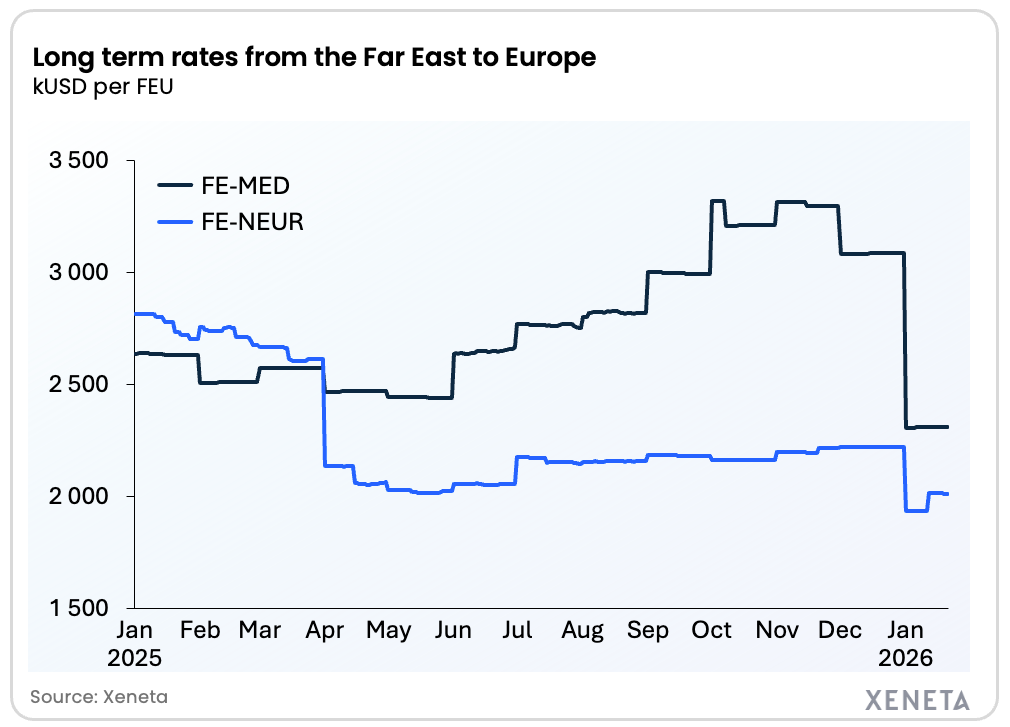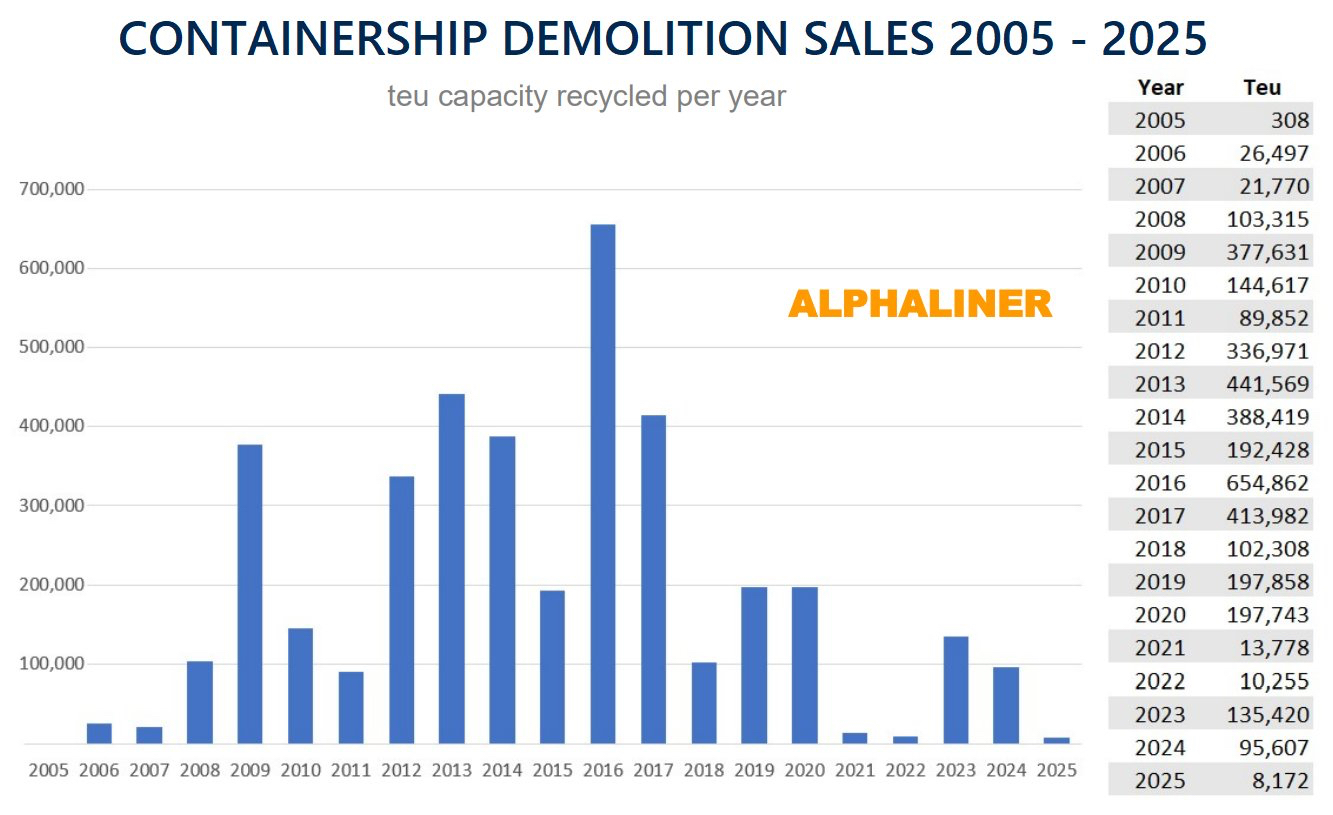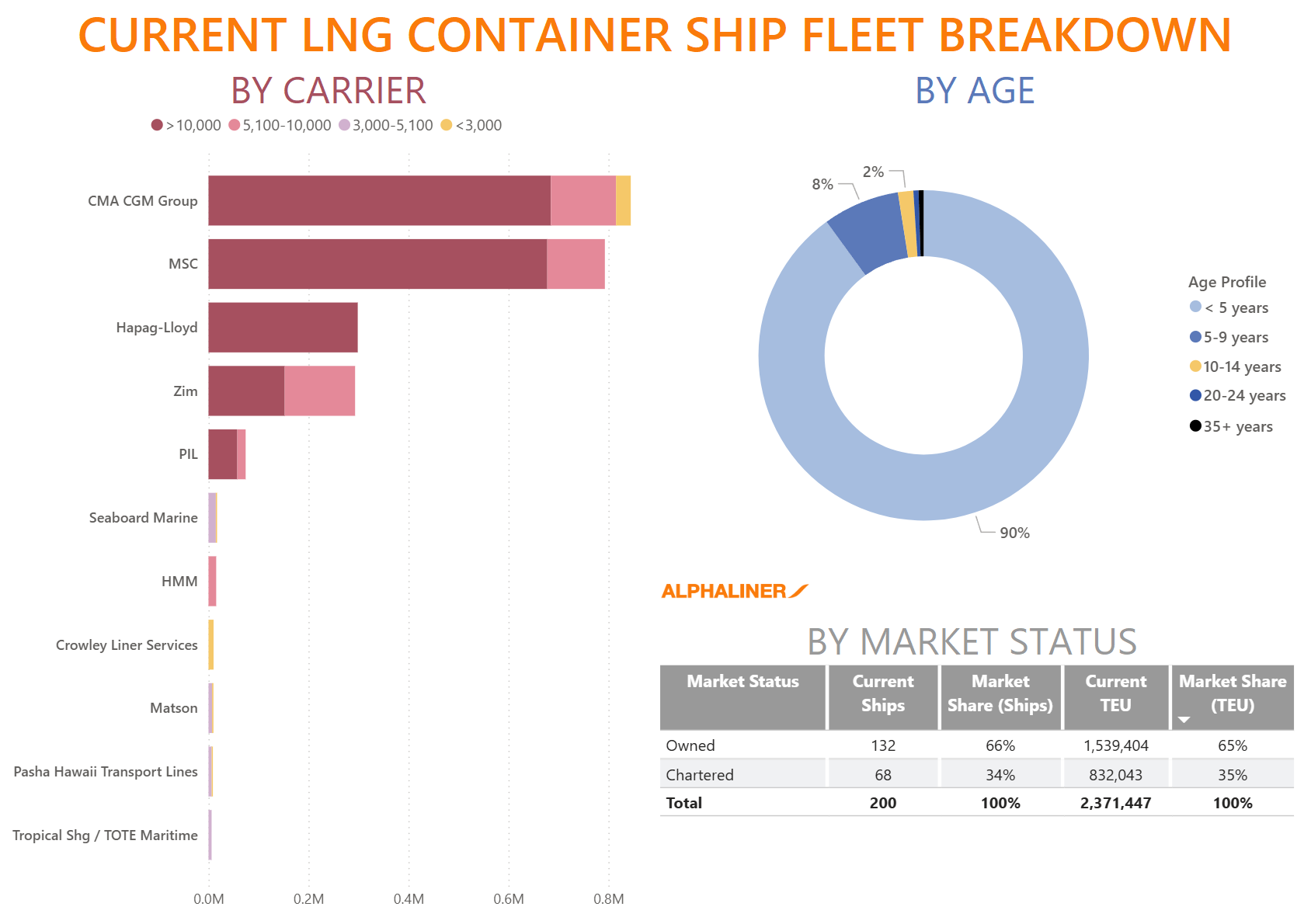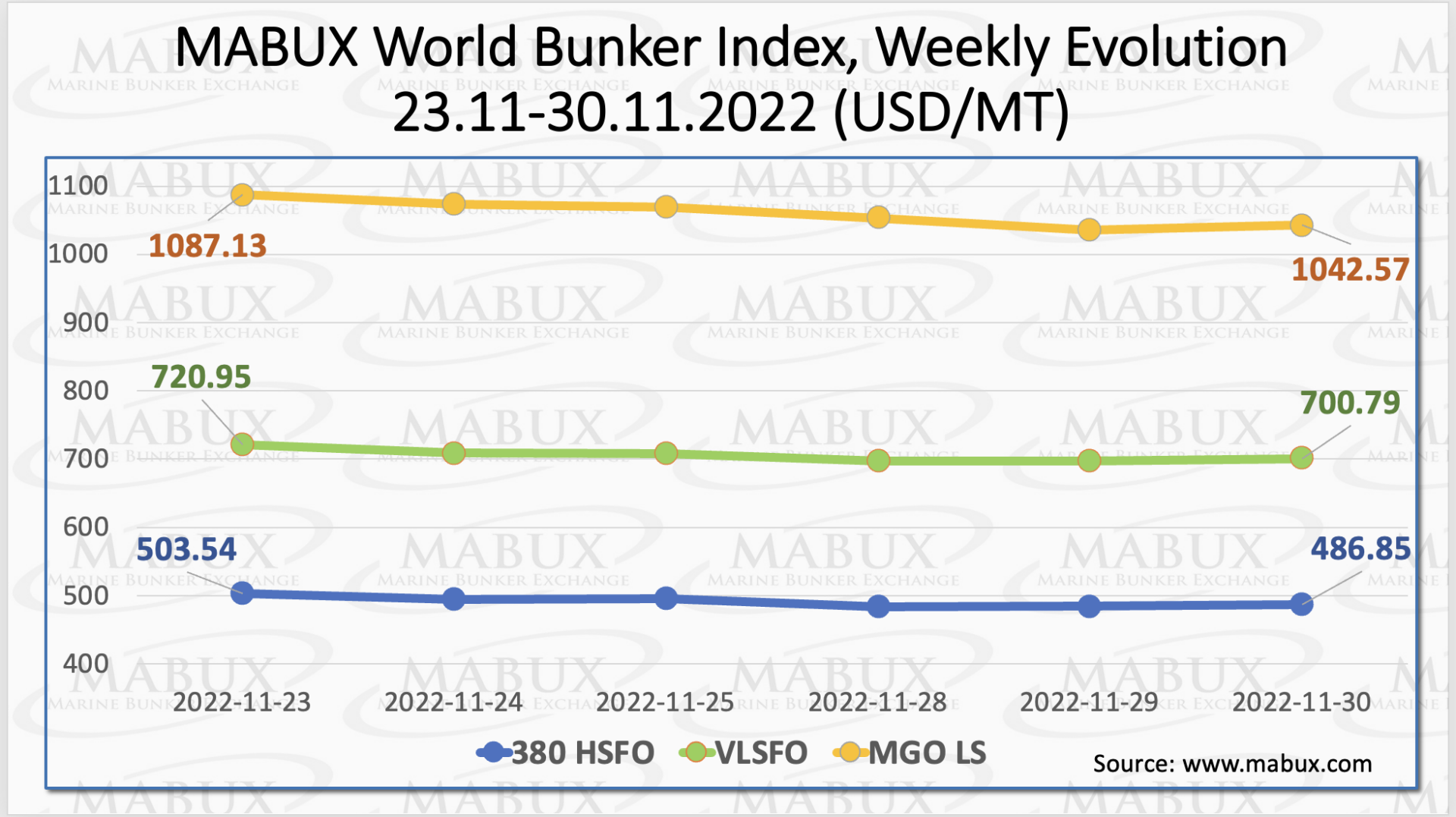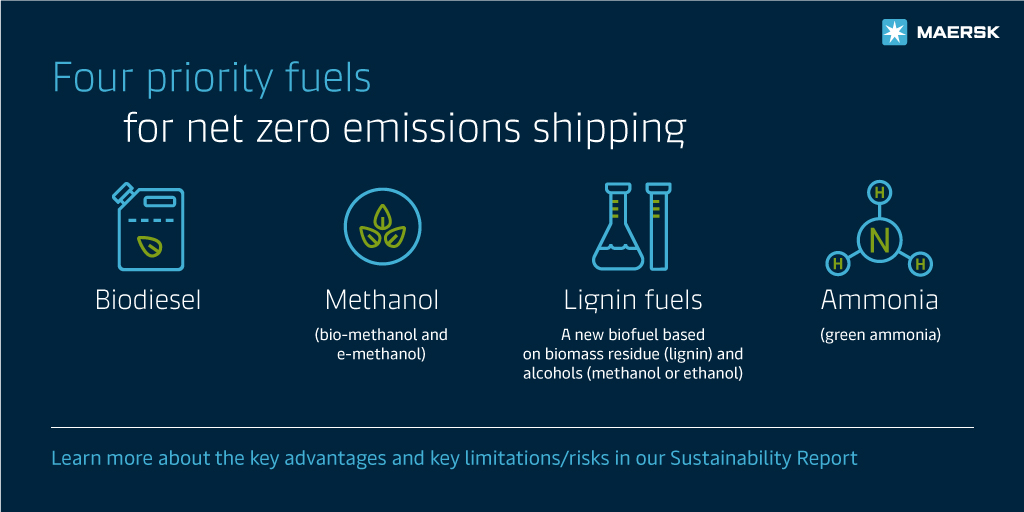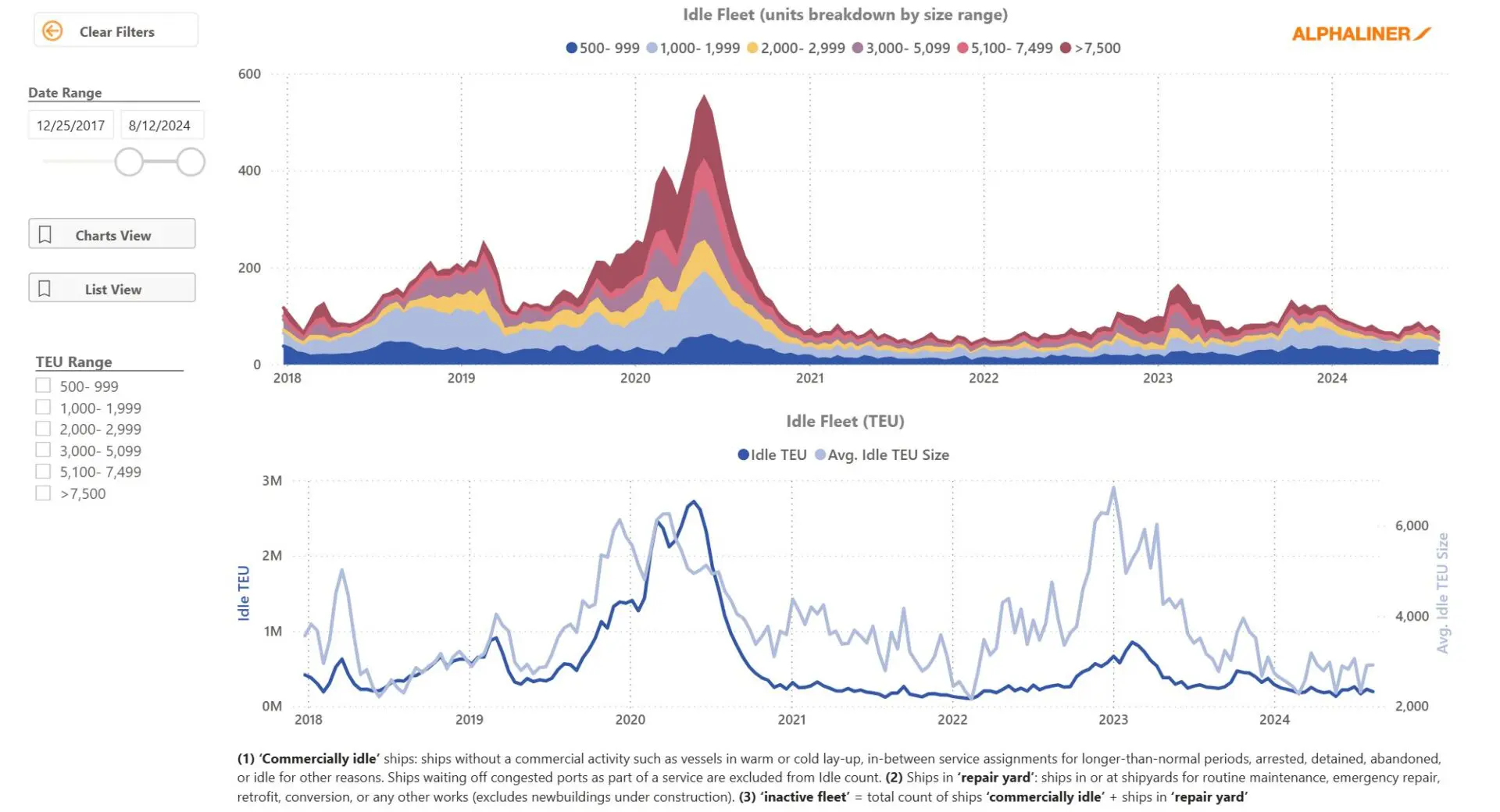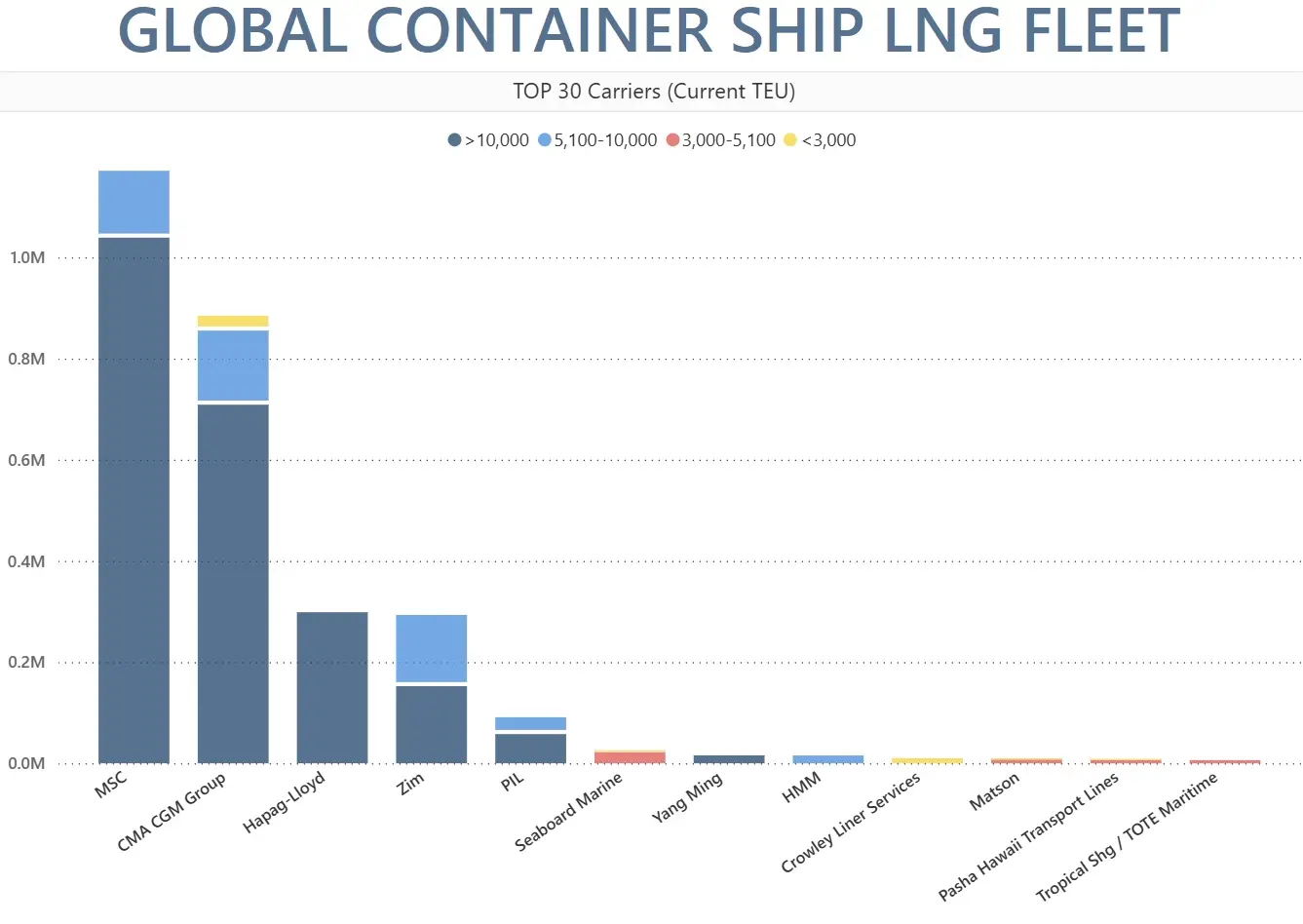

Particularly pronounced congestion at the ports of Los Angeles and Long Beach has been negatively impacting other ports along the U.S. West Coast, although there has been some silver lining for these other ports.
Although the ongoing robust container import volumes are causing delays along the U.S. West Coast overall, the problem is especially prominent in the San Pedro Bay area, as illustrated in Hamburg Sud’s operational update issued last week, which breaks down delays at each major port in the region, amongst other regions across North America.
The ports of Los Angeles and Long Beach are often the first port of call on the U.S. West Coast from Asia. Since vessels end up getting delayed from waiting to berth at Los Angeles and Long Beach, it has been creating delays at the latter ports of call.
Carriers have increased capacity on the Asia to U.S. West Coast trade over the past year in order to support strong consumer demand. Weekly deployed capacity on the trade rose from 264,066 TEUs at the end of February 2020 to 324,312 TEUs at the end of February 2021, as illustrated in the chart below, which was built using BlueWater Reporting’s Capacity Report.

“Congestion in Southern California is causing delays of up to a week for Oakland vessel arrivals. As a result, ships reach the port off-schedule and sometimes miss berthing appointments,” the Port of Oakland said in late February.
A Port of Oakland spokesperson told BlueWater Reporting Wednesday that delays have been about the same and that that the port is averaging about 10-12 vessels at anchorage this past week.
Further up the coast at the Northwest Seaport Alliance, which comprises the ports of Seattle and Tacoma, a spokesperson told BlueWater Reporting Thursday, “The number of days that a vessel is anchored at the Port of LA or the Port of Long Beach directly affects our gateway. The average anchor time for vessels in southern California is currently 7.7 days, which means that vessels calling our gateway are at least seven days late. If the vessel is calling Oakland before our gateway, then the delay is up to two weeks.”
BlueWater Reporting’s database shows how several services call either Los Angeles or Long Beach before calling Oakland, all of which are experiencing delays, and then a Northwest Seaport Alliance port, including OCEAN Alliance’s CMX6JDX/TPA, THE Alliance’s AL5, MSC’s California Express, and Hapag-Lloyd and Hamburg Sud’s jointly operated MPS/MCPS.
“The southern California port congestion is causing frequent disruptions in vessel schedules, making it difficult for both importers and exporters to plan their shipments. The lack of vessel schedule integrity is causing exporters to lose export opportunities as ocean carriers expedite their services back to Asia,” the Northwest Seaport Alliance spokesperson added. “The Northwest Seaport Alliance is working with terminal operators and ocean carriers to encourage equipment availability that assists exporters in getting their goods to market.”
On a bright note, southern California port congestion has been creating opportunities for other ports along the U.S. West Coast.
For instance, CMA CGM’s Seapriority Express – which launched in December 2020 with a rotation of Ningbo, Yantian, Los Angeles and Ningbo – revamped last month and now calls Oakland and Seattle and not Los Angeles anymore under a new name, the Golden Gate Service. The service’s rotation is Shanghai, Yantian, Oakland, Seattle, Kaohsiung and Shanghai.
“Oakland is an ideal, reliable alternative to the Port of Los Angeles/Long Beach for West Coast customers importing goods due to its easy access for existing California shippers, immediate berth availability and fast rail connections into Chicago, Memphis, Dallas and Kansas City,” CMA CGM said last month.
“We believe calling Oakland first from Asia will help meet market demand while also providing some relief to the congestion at the Los Angeles and Long Beach ports,” according to Ed Aldridge, President of CMA CGM America and APL North America.
The Port of Oakland last month said that other ocean carriers are contemplating Oakland first-calls by mid-year, with the spokesperson reiterating this Wednesday that the port is still in discussions with some ocean carriers regarding this.
Source: Hailey Desormeaux, BlueWater Reporting
Follow on Twitter:
[tfws username=”BWReporting” height=”700″ width=”350″ theme=”light” color=”#FAB81E” tweets=”2″ header=”yes” footer=”yes” borders=”yes” scrollbar=”yes” background=”yes”]

